
Bed-wetting at night is a fairly common occurrence among children and it is a cause of frustration to a large number of parents everywhere around the world. There are certain nutritional solutions which may be helpful in some cases. Limiting the intake of liquids after 6 pm is a good idea. Some parents get so frustrated that they try each and every method that they have heard of, which is not that good of an idea. Making unnecessary dietary changes can only make the child even more upset and unhappy than before.
Bed-wetting at night is medically referred to as nocturnal enuresis, and it is not yet scientifically connected to any specific food items. It may be a good idea to keep a bed-wetting journal because it may identify all the patterns associated with it, and that include dietary habits as well.
Kids may be interested in identifying their bed-wetting triggers on their own because it may provide them with an important sense of control over the problem. It may also provide them with responsibility, which is another plus. All the strategies involved in resolving the problem, including optional dietary changes should not be considered as punishment for bad behavior. It is very important that the child does not perceive them as such .
Nocturnal enuresis may cause a lot of shame and embarrassment in a child, and when those get combined with the anger and frustration which comes from the parents, it may all end up being a big psychological problem and sometimes even lead to the development of anxiety.
Facts and Myths
It is a well known fact that children who experience bed-wetting at night should decrease the intake of liquids before going to bed. The bladder gets overwhelmed by too much liquid so it has to succumb to the pressure and let go. And that is when bed-wetting occurs. One should also be aware of the fact that liquids can be obtained from certain types of food, not only beverages. Those types of food include vegetables, fruits, yogurt, soup and many others.
Another important fact that needs to be stressed out is that all food items and beverages which contain caffeine may be associated with the onset of bed-wetting at night. This is mainly due to the fact that caffeine has very potent diuretic properties and it increases the production of urine in the bladder. It is still unknown if various food allergens can be associated with bed-wetting at night. Contrary to the popular belief, spicy foods and citrus fruits are not among the contributing factors when it comes to nocturnal enuresis.


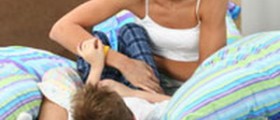
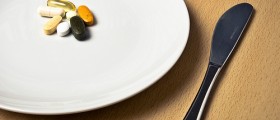
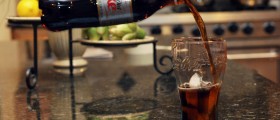
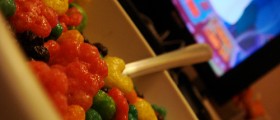
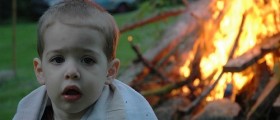
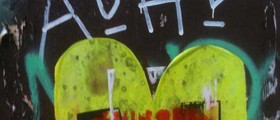

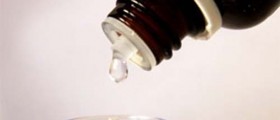
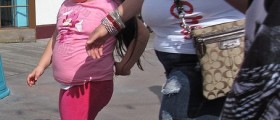
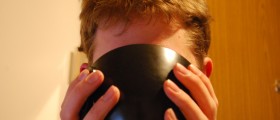
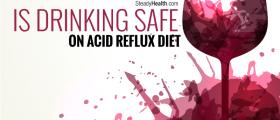

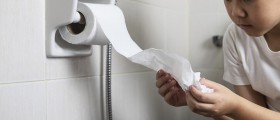

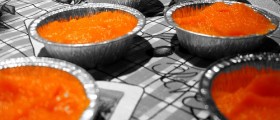
Your thoughts on this
Loading...